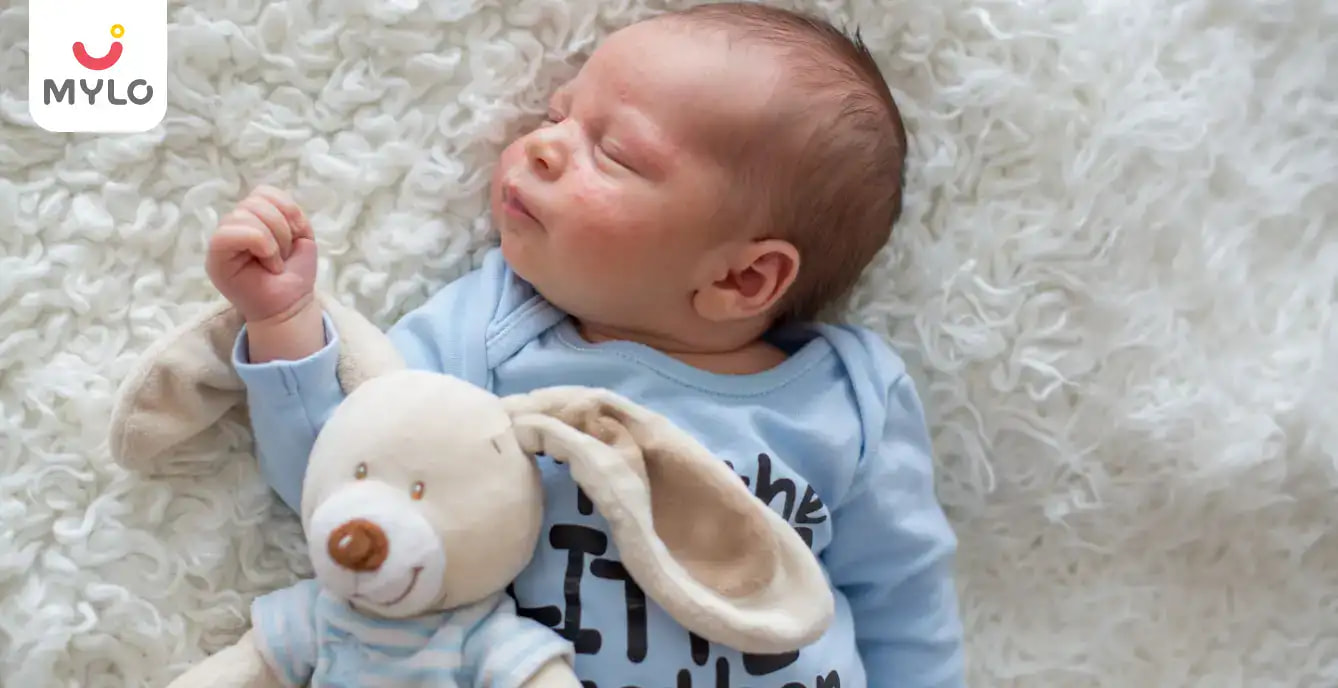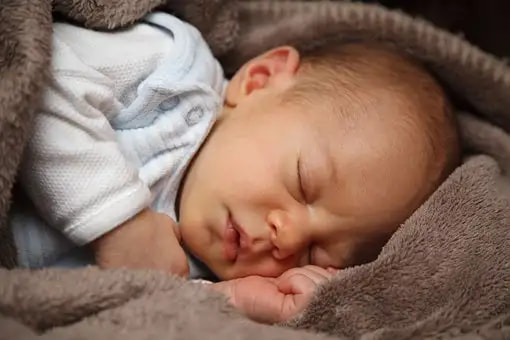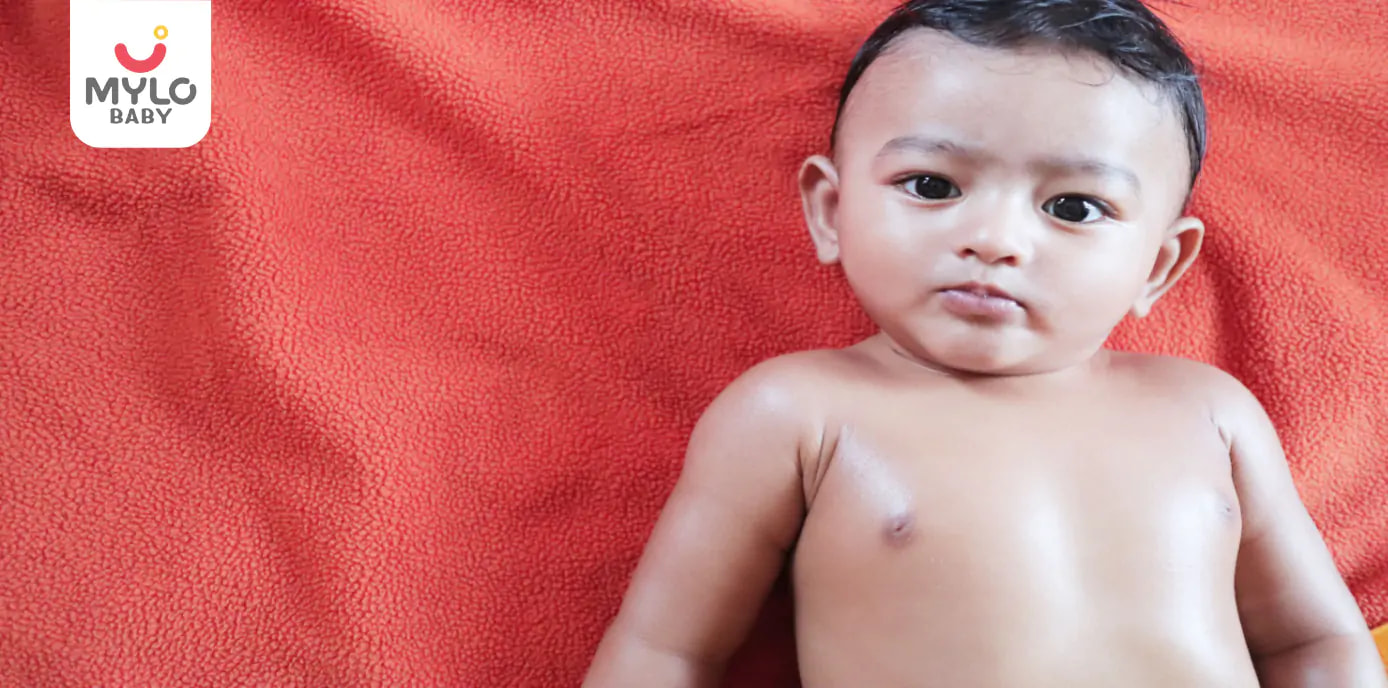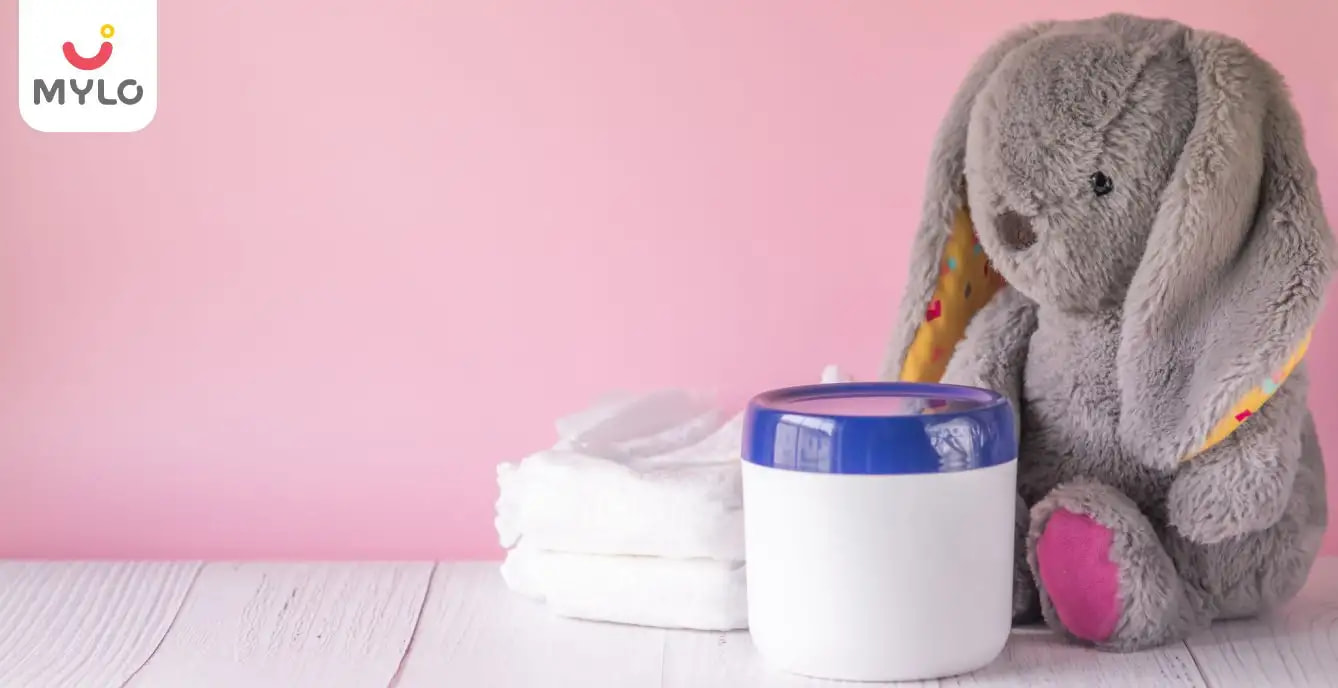Home

Allergies

Conjunctivitis in Toddlers & New Borns
In this Article
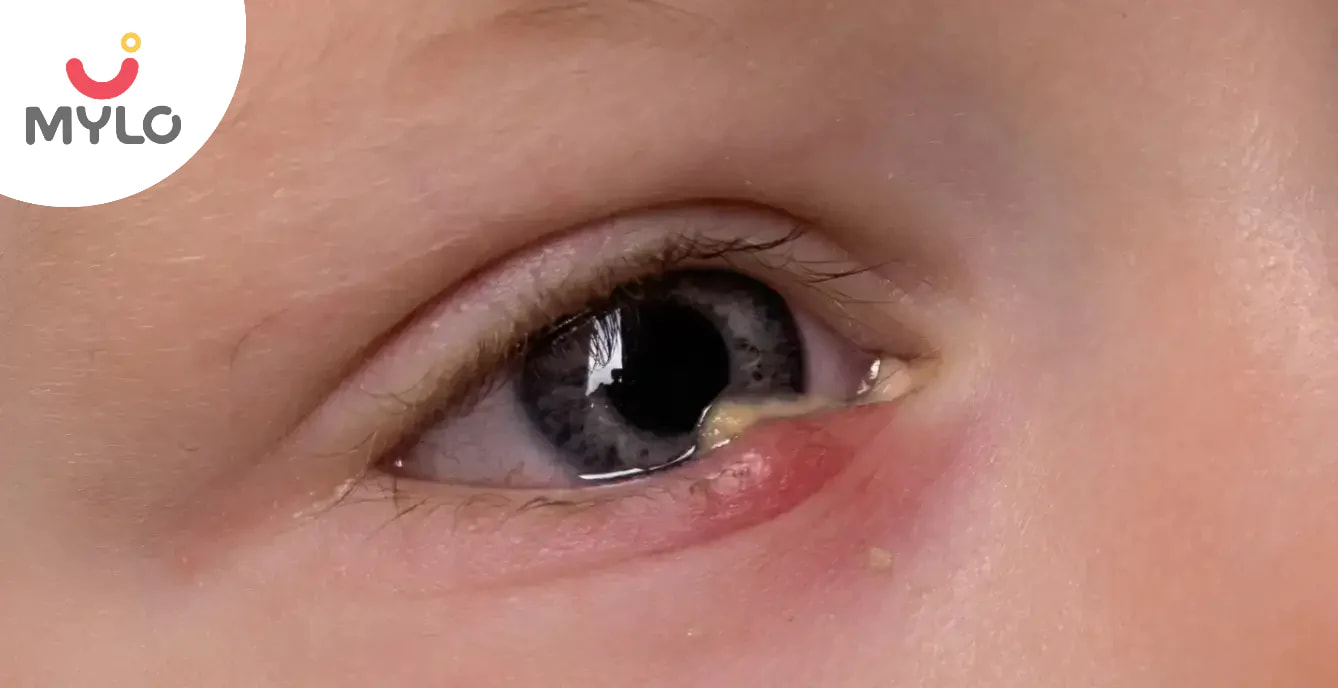
Allergies
Conjunctivitis in Toddlers & New Borns
Updated on 3 November 2023
A pink-eye can be a result of viruses and bacteria which is responsible for common cold and infection of the ear, sinus, and sore throat.
The type of pink-eye which is non-infectious includes:
-
Allergic conjunctivitis, which is more common in children.
-
Irritant conjunctivitis which is a result of an eye irritation such as chlorine present in pools as well as air pollution.
Pink-eye in case of New-borns
New-borns are at a risk of pink-eye and develop health complications if not timely treated. In case a pregnant woman suffers from an STD (Sexually Transmitted Diseases), during the delivery the virus can pass into the baby’s eyes resulting in pink-eye. To prevent this, your doctor can prescribe eye drop for babies immediately after birth. Doctors can also screen women prior delivery to check for any STDs (Sexually Transmitted Diseases) and prevent them from being passed onto the baby.
Pink-eye in case of Toddlers
Pink-eye, also known as conjunctivitis, is a common eye condition that can affect toddlers. It is an inflammation of the conjunctiva, the white part of the eye and inner eyelids. Pink-eye can be caused by bacteria or viruses and is highly contagious. Symptoms include redness, eye discomfort, discharge, pain, swelling, and sensitivity to light. Toddlers may also experience swollen eyelids or sensitivity to bright light. It is important to seek medical attention for toddlers with pink-eye to prevent any potential complications. Treatment options include antibiotic eye drops or ointment for bacterial pink-eye, while viral pink-eye usually resolves on its own. It is crucial to practice good hygiene and take preventive measures to avoid the spread of pink-eye among toddlers.
Signs and Symptoms of Pink eye
The signs of a pink-eye include the following:
-
Discomfort in eyes
-
Presence of discharge from the eye
-
Pain and swelling
-
Swollen eyelids
-
Sensitivity to bright light
-
Itchiness and watery eyes, common in case of allergic conjunctivitis
Is it contagious?
If it is caused by a bacteria or virus, pink-eye can be contagious. Pink-eye caused by bacteria can spread quickly to others as symptoms begin to appear for as long as there is a discharge from the eye.
In case of allergic and irritant conjunctivitis, they are not contagious. Your child can get pink-eye either by contacting an infected person or touching something infected. It can also spread through coughing, sneezing, swimming in contaminated water or sharing infectious towels.
Diagnosis and Treatment
If you witness any of the mentioned symptoms in your child, you can visit the doctor to help ensure the right treatment.
A pink-eye cause due to virus usually goes away without the need for a treatment and in the case of a bacteria, a doctor may prescribe eye drops or ointment for treatment.
References
1. Chawla R, Kellner JD, Astle WF. (2001). Acute infectious conjunctivitis in childhood. Paediatr Child Health. NCBI
2. Wadhwani M, D'souza P, Jain R, Dutta R, Saili A, Singh A. (2011). Conjunctivitis in the newborn- a comparative study. Indian J Pathol Microbiol. NCBI
Tags
Conjunctivitis in New Borns in Telugu, Conjunctivitis in New Borns in Bengali, Conjunctivitis in New Borns in Tamil



Written by
Priyanka Verma
Priyanka is an experienced editor & content writer with great attention to detail. Mother to an 11-year-old, she's a ski
Read MoreGet baby's diet chart, and growth tips

Related Articles
Related Questions
Influenza and boostrix injection kisiko laga hai kya 8 month pregnancy me and q lagta hai ye plz reply me

Hai.... My last period was in feb 24. I tested in 40 th day morning 3:30 .. That is faint line .. I conculed mylo thz app also.... And I asked tha dr wait for 3 to 5 days ... Im also waiting ... Then I test today 4:15 test is sooooo faint ... And I feel in ma body no pregnancy symptoms. What can I do .

Baby kicks KB Marta hai Plz tell mi

PCOD kya hota hai

How to detect pcos

RECENTLY PUBLISHED ARTICLES
our most recent articles

Diet & Nutrition
গর্ভাবস্থায় আলুবোখরা: উপকারিতা ও ঝুঁকি | Prunes During Pregnancy: Benefits & Risks in Bengali

Diet & Nutrition
গর্ভাবস্থায় হিং | ঝুঁকি, সুবিধা এবং অন্যান্য চিকিৎসা | Hing During Pregnancy | Risks, Benefits & Other Treatments in Bengali

Women Specific Issues
স্তনের উপর সাদা দাগ: লক্ষণ, কারণ এবং চিকিৎসা | White Spots on Nipple: Causes, Symptoms, and Treatments in Bengali

Diet & Nutrition
গর্ভাবস্থায় পোহা: উপকারিতা, ধরণ এবং রেসিপি | Poha During Pregnancy: Benefits, Types & Recipes in Bengali

Diet & Nutrition
গর্ভাবস্থায় মাছ: উপকারিতা এবং ঝুঁকি | Fish In Pregnancy: Benefits and Risks in Bengali

Diet & Nutrition
গর্ভাবস্থায় রেড ওয়াইন: পার্শ্ব প্রতিক্রিয়া এবং নির্দেশিকা | Red Wine During Pregnancy: Side Effects & Guidelines in Bengali
- ইনার থাই চ্যাফিং: কারণ, উপসর্গ এবং চিকিৎসা | Inner Thigh Chafing: Causes, Symptoms & Treatment in Bengali
- গর্ভাবস্থায় ব্রাউন রাইস: উপকারিতা ও সতর্কতা | Brown Rice During Pregnancy: Benefits & Precautions in Bengali
- Velamentous Cord Insertion - Precautions, Results & Safety
- Unlock the Secret to Flawless Skin: 7 Must-Have Qualities in a Face Serum
- Unlock the Secret to Radiant Skin: How Vitamin C Serum Can Transform Your Complexion
- Gender No Bar: 10 Reasons Why Everyone Needs a Body Lotion
- Unlock the Secret to Radiant Skin How to Choose the Perfect Body Lotion for Your Skin Type
- Top 10 Reasons to Apply a Body Lotion After Every Bath
- Communication in Toddlers: Milestones & Activities
- How to Improve Vocabulary for Toddlers?
- A Comprehensive Guide to Understanding Placenta Accreta
- Vulvovaginitis in Toddlers Causes, Symptoms and Treatment
- A Comprehensive Guide to Understanding Cerebral Palsy in Children
- Bitter Taste in Mouth During Pregnancy: Understanding the Causes and Remedies


AWARDS AND RECOGNITION

Mylo wins Forbes D2C Disruptor award

Mylo wins The Economic Times Promising Brands 2022
AS SEEN IN

- Mylo Care: Effective and science-backed personal care and wellness solutions for a joyful you.
- Mylo Baby: Science-backed, gentle and effective personal care & hygiene range for your little one.
- Mylo Community: Trusted and empathetic community of 10mn+ parents and experts.
Product Categories
baby carrier | baby soap | baby wipes | stretch marks cream | baby cream | baby shampoo | baby massage oil | baby hair oil | stretch marks oil | baby body wash | baby powder | baby lotion | diaper rash cream | newborn diapers | teether | baby kajal | baby diapers | cloth diapers |



